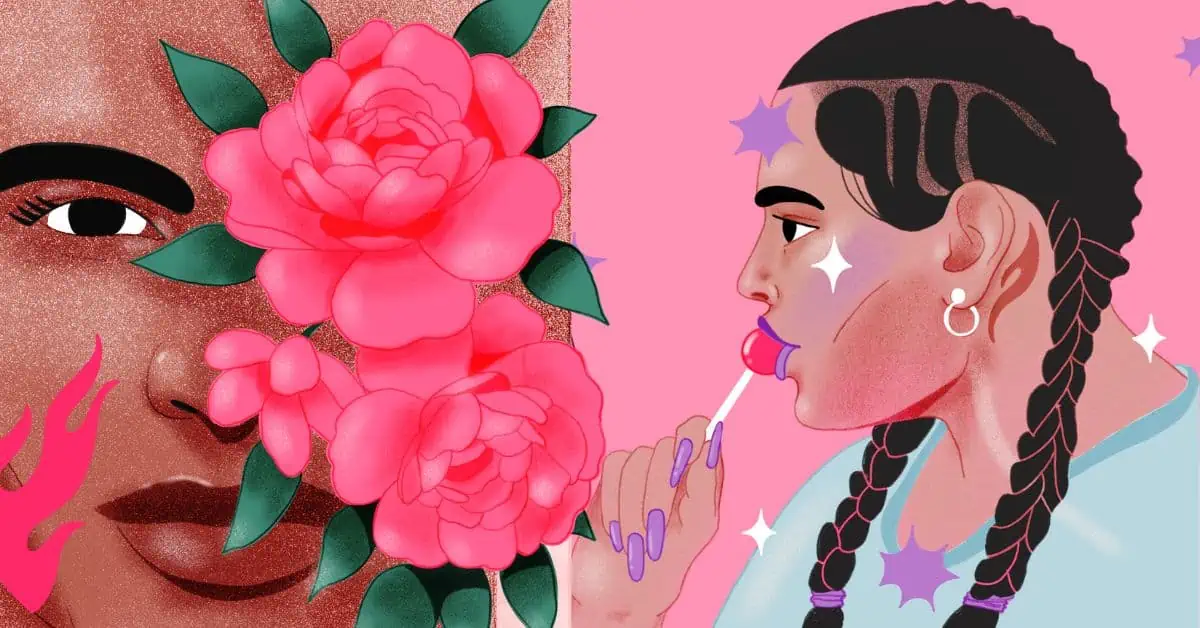Welcome back to the always-intriguing world of digital dating, where swiping right can start a romantic spark, and that glow from your smartphone screen could just lead you to the love of your life.
But wait, dear readers, before you upload that picture-perfect filtered selfie, we need to have a heart-to-heart to talk about the never-ending issue when it comes to online dating: Is it ethical to use photo editing or filters in dating apps? Are we fooling others—and ourselves by laying a trap?
Think of a dating app as a modern-day masquerade ball. Masks, in this analogy, come in the form of filters and super-edited photos and make everyone look their absolute best, elevating the event to another, possibly unrealistic level of beauty. But what happens when the ball is over and we are all unmasked?
The Ethics of Aesthetic Deception
Filters are basically the Spanx shapers of the online world—helping you to tuck in a bit here without having to suck in your stomach and smooth out any other bulges you feel are unsightly and want to hide.
Let’s be honest: We all want to put our best foot—or face—forward, especially when looking for a potential romantic partner, and we all know first impressions are everything. And what do people see first? Your dating profile pic.
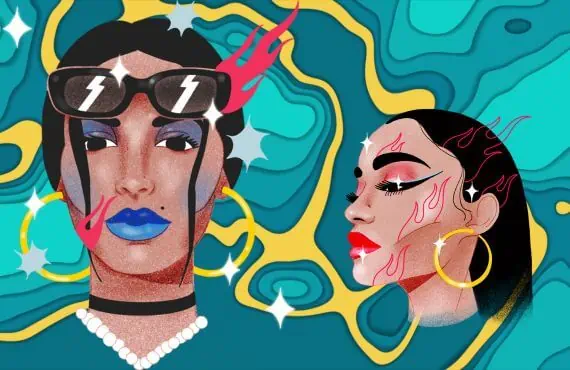
On the other hand, editing your photos can be seen as a form of deception, blurring the lines between your online persona and IRL identity (re what you actually look like). Like a resume padded with enhanced or fictional scholastic or professional experience, an edited photo sets up expectations that may be impossible to meet in person. It could be argued that you’re not only deceiving others but also setting yourself up for failure by building relationships on an incredibly shaky foundation.
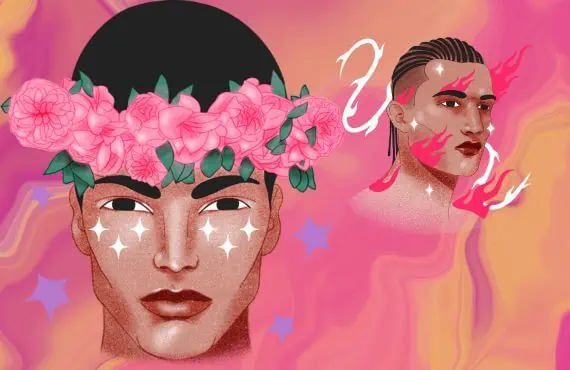
The Artistic Perspective
Now, if we approach this from an artistic angle, photo editing is simply another form of self-expression. Just like a painter, you have the artistic freedom to present yourself in a way that coordinates with your personality—who you are. But even art has its boundaries.
While filters are a lot of fun and can give you a quick confidence boost, the slippery slope gets even steeper and harder to control. From light touch-ups to Photoshop to using full-blown AI tech that can take off lbs or add several inches to your height (we see you, short kings), the possibilities are limitless. And let’s not forget once you start, it’s hard to stop. The next thing you know, you’re Photoshopping in your celeb crush and using hashtags like #couplegoals.
Is It Catfishing, Though?
Now, let’s wade deeper into the murkier waters of the dating app river: Catfishing. The term, which became mainstream thanks to a documentary and an MTV spinoff show called Catfished, refers to the act of creating a fake identity online, usually to trick someone into a romantic relationship. So, does applying a filter or slightly editing a photo, say, like erasing a zit, cross the line into catfishing territory?
In the broadest sense, catfishing involves a level of deceit so deep that it essentially creates a fake person. If you’re using someone else’s photo or photoshopping yourself to the point of being unrecognizable, then you’re venturing into the catfish current. Those actions aren’t just a break from ethical conduct; they’re a betrayal that could cause emotional harm to someone genuinely looking for connection.
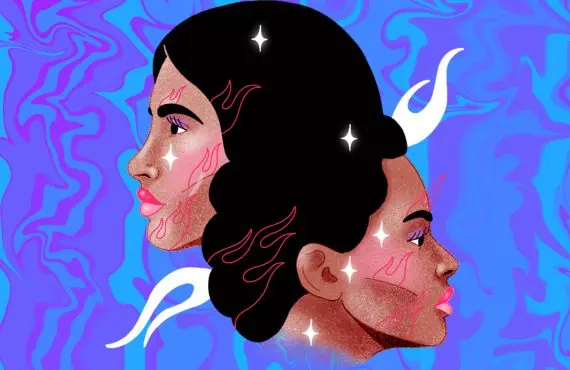
The crux here is that it’s all about degrees and intent. A little photo editing to accentuate your features? Probably innocent. Completely altering your appearance to trick someone into matching with you? That’s deceptive and takes a hard left into the land of emotional manipulation.
In a world where authenticity is already hard to come by, it’s important to keep your dating app interactions as real as IRL ones. So, before you swipe right, think about the person behind the profile pic—both theirs and yours. And ask yourself: Would I be able to pick this person, or myself, in a lineup sans filters? If the answer is no, it might be time to rethink your photo editing ethics.
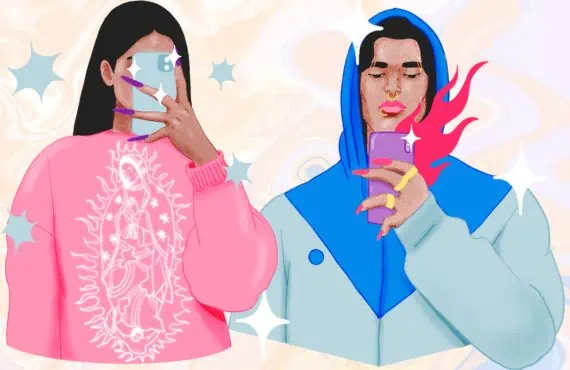
Finding the Ethical Balance
To filter or not to filter? That is the question, and there is no easy answer. Maybe the middle ground lies in self-awareness and clear communication.
Maybe a little disclaimer about any photo edits in a caption could help—but we aren’t too sure anyone would do that—even us.
Takeaways: It’s Complicated
When considering the ethics of photo editing in dating apps, think about intention and impact above all else. Are you enhancing your features to express yourself better, or are you manipulating images to trick people into dating you? The ethical focal point hinges on authenticity.
Remember, the goal is not just to make a great first impression but also to find a connection that eclipses superficial surface levels and taps into emotional and intellectual compatibility. So go ahead, swipe right, but let it be on a photo that’s as genuine as your goal to find love.
As Shakespeare once said, “To thine own self be true.” Or, in today’s language, keep it as close to real as possible, even in the online land of love.
